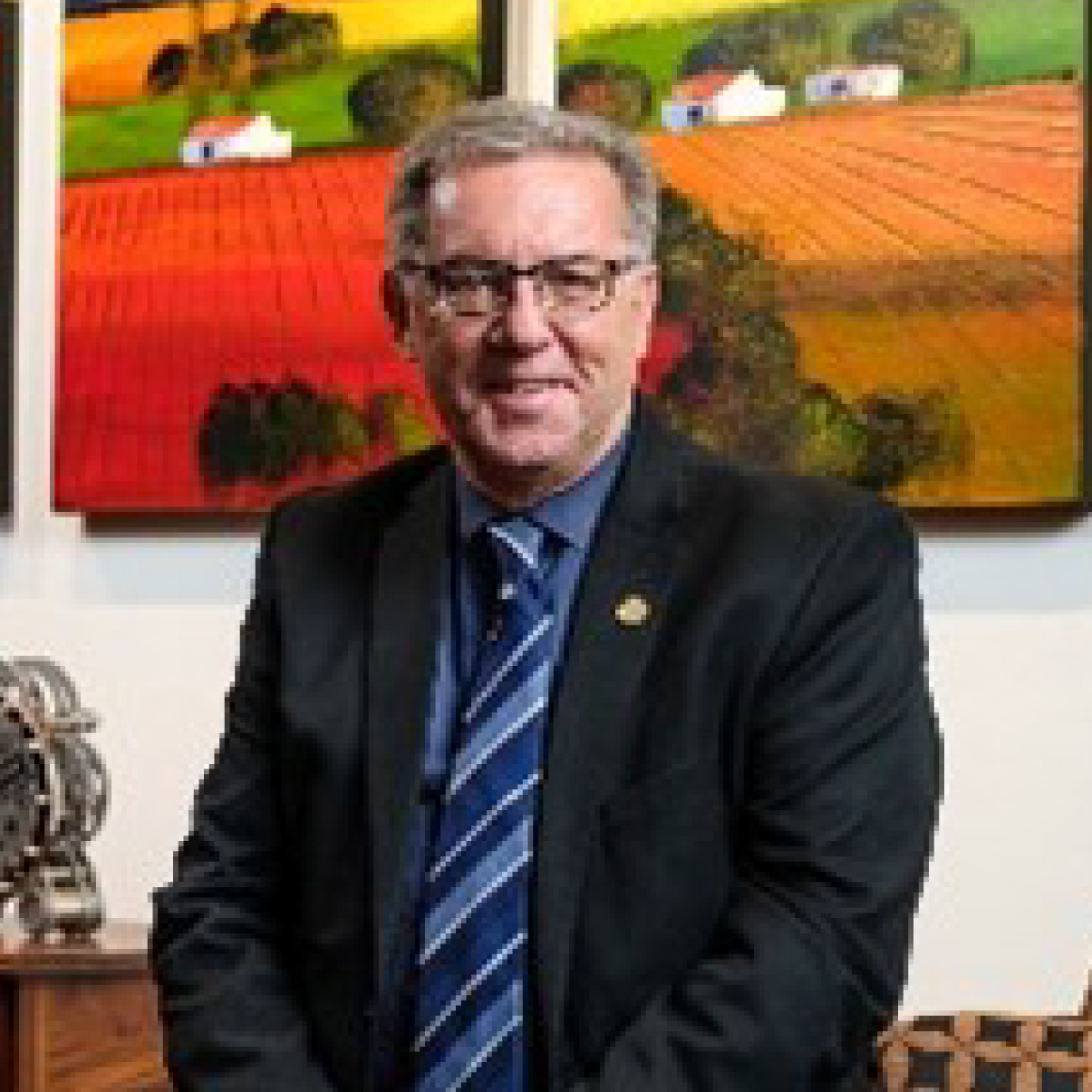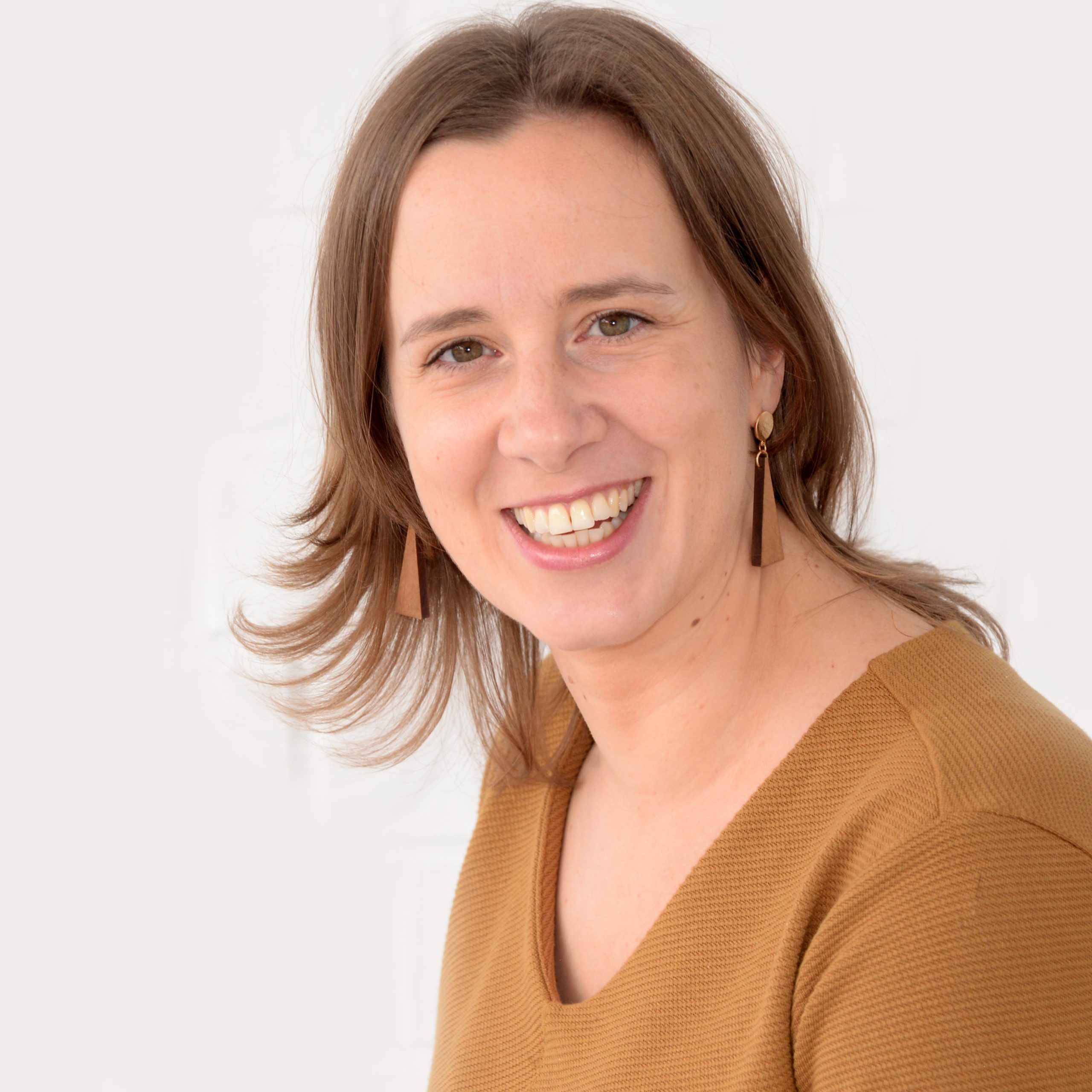
OUR SPEAKERS
Keynote 1 by Prof. Dr. Gerrit Stols

Prof. Dr. Gerrit Stols
Position: Director Education Innovation (Mathematic modelling)
University: Pretoria University (South Africa)
Faculty: Department for Education Innovation
Title
Harnessing the power of Generative AI in STEAM Education
Abstract
The rapid advancements in generative AI technologies are reshaping the landscape of STEAM (Science, Technology, Engineering, Arts, and Mathematics) education. Generative AI is a branch of artificial intelligence that can create novel and diverse content, such as images, texts, music, and code. Generative AI can enhance STEAM education by providing students with creative and personalised learning experiences and fostering their critical thinking and problem-solving skills. In this presentation, I will introduce the concept and applications of generative AI in STEAM education and discuss the opportunities and challenges of integrating this emerging technology into the curriculum. We also explore the integration of AI tools in classroom settings, emphasising their potential to personalise learning experiences, augment creative processes, and stimulate an interdisciplinary approach to STEAM subjects. I will also share some examples of how generative AI can support STEAM learning and teaching. I want to inspire educators and researchers to explore the possibilities of generative AI in STEAM education and contribute to developing a human-centred vision of these new technologies.
Bio
Professor Gerrit Stols is currently the Director of the Department for Education Innovation at the University of Pretoria. His specific area of expertise is the innovative use of technology in education. In 2015, he spent a semester as a Fulbright Scholar at the University of Great Falls in the USA. He assisted the Naruto University of Education in Japan with the training of mathematics teachers and course facilitators. Professor Stols has published various articles in national and international journals and has supervised many postgraduate students to complete their studies successfully.
Keynote 2 by Prof. Dr. Eugene Cloete

Prof. Dr. Eugene Cloete
Expertise: Water quality and resource management as well as nanotechnology in water applications
University: Stellenbosch University (South Africa)
Faculty: Faculty of Science (Microbiology)
Title
Achieving the extraordinary with ordinary people
Abstract
Formal education plays a crucial role in equipping individuals with foundational knowledge, social skills, and opportunities for personal growth. However, it is also important to recognize that education is not solely confined to the classroom. Lifelong learning, self-directed education, and practical experience can contribute significantly to an individual’s intellectual development. Acknowledging the existence of multiple intelligences, broadens our perspective on what constitutes intelligence and human potential. Intelligence extends beyond a single measure or test score and encompasses diverse abilities and strengths. Some individuals may excel in linguistic or analytical thinking, while others may demonstrate remarkable creativity or spatial reasoning skills. Attitude furthermore influences how individuals approach challenges, persevere in the face of setbacks, and maintain a growth mindset. A positive attitude can foster motivation, resilience, and a willingness to learn and develop. Recognizing and nurturing the different intelligences and attitudes in individuals can lead to a more comprehensive understanding of their abilities and potential. It encourages an inclusive and diversified approach to education and personal development, allowing individuals to leverage their unique strengths and talents.
Bio
Microbiologist and water expert Prof Cloete is the CEO of the Cape Higher Education Consortium (CHEC). He is also a former Deputy Vice Chancellor: Research, Innovation and postgraduate studies at Stellenbosch University. Prof Cloete served as the Dean of the Faculty of Science at Stellenbosch University. He holds a Doctorate of Science degree from the University of Pretoria and a Senior Doctorate of Science degree from Stellenbosch University.
He has promoted more than 100 MSc and PhD students, authored five books, holds 10 patents and has more than 160 scientific publications to his credit. Prof Cloete also serves on the editorial boards of several journals. He is a past Vice-President of the International Water Association (IWA) and past Chairman of the IWA Strategic Council. He is also a Fellow of the IWA and a Senior Fellow of the Water Institute of SA (WISA). Prof Cloete was a board member of the South African Council for Scientific and Industrial Research (CSIR) and the Water Research Commission. In 2016 Prof Cloete was appointed by the Minister to serve on the Academy of Science of South Africa (ASSAf) Council. In 2017 he received the National Science and Technology Forum (NSTF) South 32 award for research leading to innovation. He was also selected as one of the Legends of SA Science by ASSAf, during 2017.
Keynote 3 by Dr. lr. Hanne Deprez & Dr. Arch. Robin Schaeverbeke

Dr. lr. Hanne Deprez

Dr. Arch. Robin Schaeverbeke
Dr. lr. Hanne Deprez
Expertise: Interdisciplinary STEM education
University: KU Leuven (Belgium)
Faculty: Department Engineering Sciences
Dr. Arch. Robin Schaeverbeke
Expertise: Art/STEAM & Design/STEAM
University: KU Leuven (Belgium)
Faculty: Department Architecture and Design
Title
An appeal for a STEAM for all!
Abstract
Technological, environmental, societal and cultural (r)evolutions and their resulting complexities appeal for new kinds of learning and making. STEM education presents itself as a serious, albeit curious, contender to learn about global challenges for the world of tomorrow. Still, research shows that teachers experience pedagogical, curricular and structural challenges related to integrated and inclusive STEM education (Margot & Kelley, 2019). Therefore, the KU Leuven Master of Teaching in Sciences and Technology together with the Masters of teaching in Design Sciences teamed up to share their experiences in inter- and transdisciplinary didactics. Hanne and Robin will reflect upon the challenges to further include different areas of knowledge and making into the STE*M area.
Bio
Hanne Deprez
Since May 2022, Dr. Ir. Hanne Deprez (PhD. Electrical Engineering, Master of Teaching) is a postdoctoral researcher and responsible ’Interdisciplinary STEM education’ in the Master of Teaching in Sciences and Technology. Since the start of the mentioned course in 2019, Hanne has been involved in the conception and coaching of both courses, in close cooperation with the previous course responsible. After her interdisciplinary PhD, which was a collaboration between engineering, audiologists and medical doctors, she worked as study career guidance counselor and monitor at the KU Leuven Faculty of Engineering Technology, where she was also involved in STEM outreach activities, aimed both at teachers and pupils. Hannes research interests lay in the field of interdisciplinary conceptual understanding in STEM and the development of STEM identity in adolescents through project-based STEM learning. Since the summer of 2023, Hanne is the chair of the SIG Attractiveness of the European Society of Engineering Education (SEFI).
Robin Schaeverbeke
Dr. Arch. Robin Schaeverbeke (PhD. Architecture) is a senior lecturer responsible for the educational master’s in design science, a master’s degree where architects, interior architects and spatial thinkers and makers are trained to become schoolteachers. The added value, position and challenges of the design profile and inquiring ways to integrate design at all educational levels are some of the program’s foci. We believe the holistic character of design and architecture can steer and inspire STEM activities and education in many directions. Within our course ‘Transdisciplinary Making Theories’ we investigate how making can inform design knowledge and assessment. Robin’s research interests lay in epistemologies of drawing, design thinking and learning.